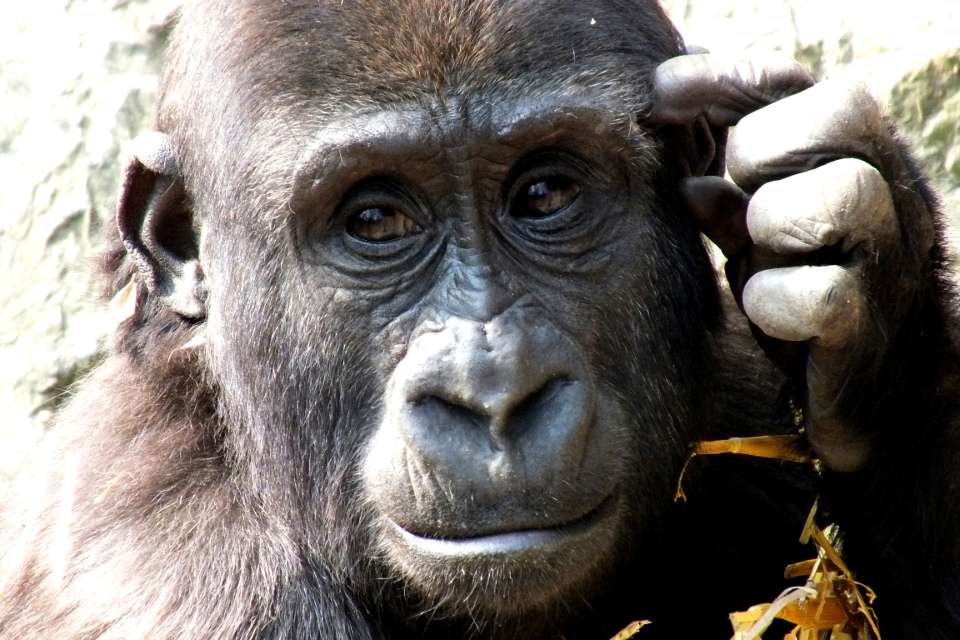Exclusive for zoos.media – 20th of Januar in 2018. Author: John Dineley, foreword: Philipp J. Kroiß
An article raised the question of whether zoos could not work with animal rights activists – a comment unmasked the error in the question.
An article by Stacey Ludlum, director of Zoo and Aquarium Planning and Design at PGAV Destinations in St. Louis, is causing controversy. The expert John Dineley (Marine Animal Welfare) has written an excellent comment:
While the author acknowledges that the invitation for Wayne Pacelle (CEO of the Humane Society United States) was deeply troubling to many people in the zoo world, including myself, she doesn’t acknowledge the reason why.
I don’t know how many times this has to be repeated but animal rights and animal welfare are not the same thing. Therefore, forging alliances with the animal rights industry is not the way forward and never can be. The HSUS and PETA have no interest in genuine constructive dialogue. We have already seen the disastrous results of SeaWorld’s affiliation with HSUS which has seen the alienation of their core visitor base.
The ideological position of the animal rights industry is to see all animal collections (or any interaction with animals between humans) to be outlawed.
Wayne Pacelle’s cynical manipulation of the American Zoo Association is totally transparent. His feigned admiration for the AZA and their membership is just a cynical ploy to divide and conquer those who are not members of this trade organisation.
Moreover, whilst he is using this organisation to attack other zoological collections he will also be suggesting to the AZA certain species that they must not be keeping such as elephants. These animals, he will glibly suggest, can be then move to animal rights run sanctuaries away from any constructive conservation or research programmes. No one should underestimate the slick and devious modus operandi that Pacelle operates under. There is a very good reason why sometimes the Humane Society of the United States is referred to as PETA in suits.
The reality is that zoos need to be engaging in education of their visitors and they need to make a clear distinction between the ideological position of animal rights and animal welfare; an obligation not to subject animals to unnecessary pain and suffering. They do not need for any affiliations with the likes of the HSUS or PETA etal.
Finally, it should be noted that zoological collections around the world are generally seeing a rise in attendance by visitors therefore suggesting that (despite some members of the media suggesting otherwise) that zoos remain very popular. Zoos need to fight back in an appropriate manner against the misinformation that’s being propagated about them. Moreover this process does not need the involvement of any members of the animal rights movement and their radical ideological agenda. The animal rights movement do not do compromise and anyone who thinks they do are dangerously deluded.
